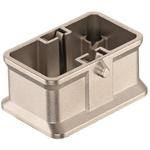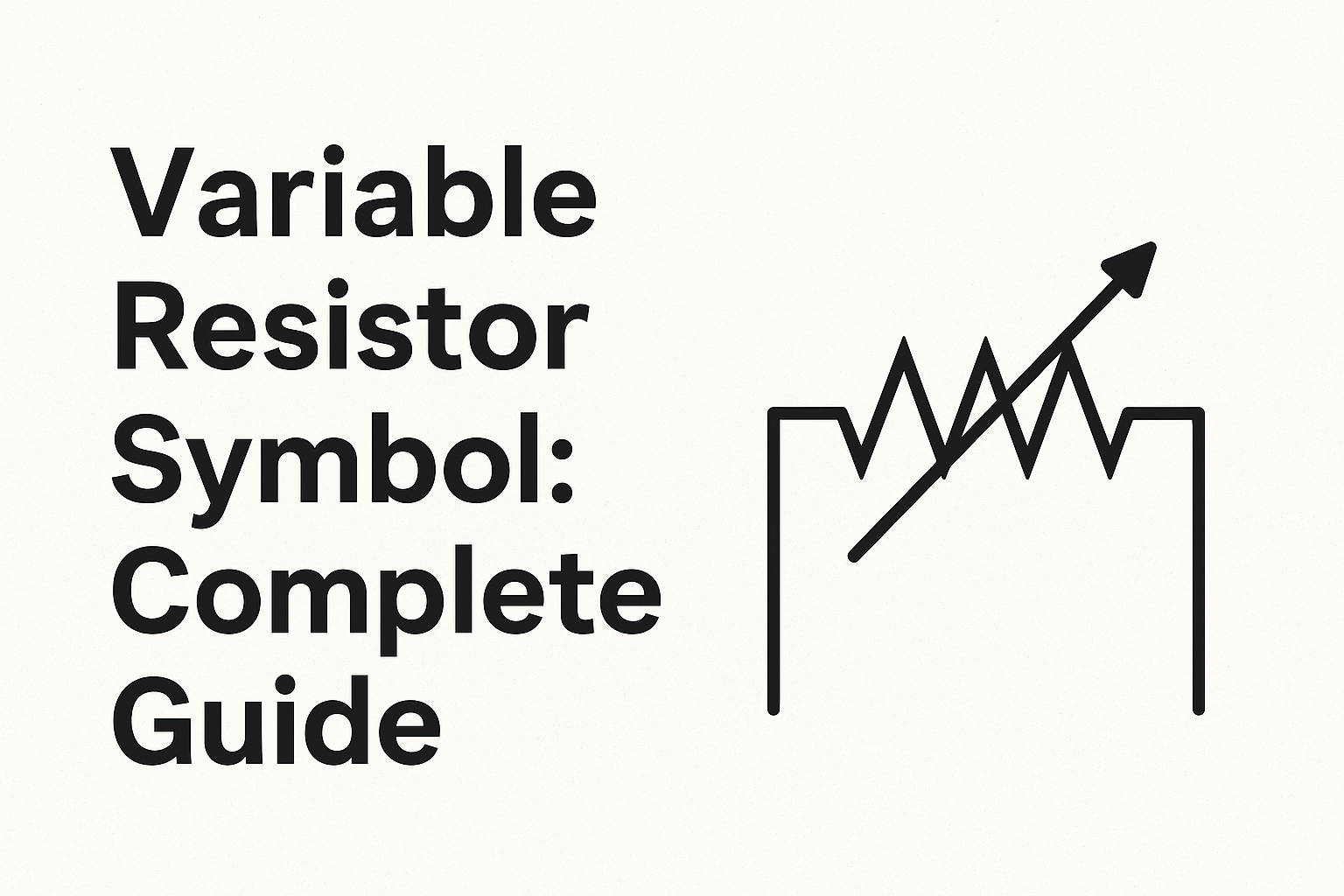Comparing Heavy Duty Connectors: What to Look for in Quality and Durability
heavy duty connectors play a vital role in ensuring reliable electrical connections in demanding environments. As technology continues to evolve, the need for connectors that can withstand extreme conditions and maintain performance has become increasingly important. In this article, we'll explore the critical factors to consider when evaluating heavy duty connectors, helping you make informed decisions for your projects. We will also highlight Unikeyic Electronics as a trusted distributor offering a variety of high-quality heavy duty connectors.
Material Composition
The material used in heavy duty connectors significantly impacts their durability and performance. Common materials include:Metals: Many heavy duty connectors are made from metals like aluminum or brass, which offer excellent conductivity and strength. These materials are ideal for environments that require robust performance and resistance to wear.Plastics: High-quality plastics, such as polycarbonate or nylon, are often used for housings. These materials can provide insulation and resistance to chemicals, although they may not match the strength of metal.
Choosing the right material depends on the specific requirements of your application, including factors like electrical conductivity, weight, and resistance to environmental stressors.
Electrical Ratings
When assessing heavy duty connectors, it's essential to consider their electrical ratings, including:Voltage Ratings: Ensure that the connector can handle the maximum voltage in your application to avoid failures or safety hazards.Current Ratings: The current rating indicates how much electrical current the connector can safely carry. Selecting a connector with appropriate current capacity is crucial for performance and safety.
Understanding these ratings helps ensure that the connectors will operate effectively within your circuit's parameters.
Environmental Resistance
Heavy duty connectors are often used in harsh environments, making environmental resistance a key factor. Look for features like:Weatherproofing: Connectors with IP (Ingress Protection) ratings offer protection against moisture and dust, essential for outdoor or industrial applications.Corrosion Resistance: Materials and coatings that resist corrosion are vital for connectors exposed to chemicals or humid conditions.
Temperature Tolerance: Consider the operating temperature range of the connector to ensure it can perform reliably under expected conditions.
Mechanical Strength
The physical characteristics of heavy duty connectors contribute to their robustness. Important factors include:Strain Relief: Connectors with effective strain relief prevent damage from cable movement, enhancing durability.Locking Mechanisms: Secure locking systems ensure that connections remain intact even under stress or vibration.
Overall Construction Quality: Examine the build quality and design features that contribute to the connector's mechanical strength.
Certification Standards
Quality assurance is often indicated by certification standards. Look for connectors that meet:IP Ratings: Indicating protection against dust and water ingress.UL Certification: Ensuring safety and reliability in electrical applications.
These certifications provide peace of mind that the connectors will perform as expected in demanding conditions.
Compatibility
Connector compatibility is crucial for seamless integration within your systems. Ensure that:Interfacing: The connectors can interface with other components without requiring excessive adaptation.
Standardization: Using standardized connectors can simplify the design and maintenance processes.
Testing and Performance Metrics
To ensure the reliability of heavy duty connectors, various tests are conducted, including:Pull Tests: Assessing the connector's ability to withstand mechanical stress.Thermal Cycling: Evaluating performance under fluctuating temperatures to identify potential failures.
These tests provide insight into the durability and performance capabilities of the connectors.
User Reviews and Feedback
Gaining insights from industry professionals who have used various heavy duty connectors can guide your selection process. Look for:User Experiences: Testimonials from users highlighting performance, reliability, and ease of installation.
Expert Recommendations: Feedback from engineers can help identify top-performing brands and models.
Cost vs. Quality
While higher-priced connectors often offer better durability and performance, it’s essential to balance cost with quality. Factors to consider include:Long-Term Value: Investing in higher-quality connectors may reduce replacement costs and downtime.
Application Needs: Evaluate whether the added features of premium connectors are necessary for your specific application.
Future Trends
As technology advances, the design and functionality of heavy duty connectors will evolve. Expect innovations such as:Smart Connectors: Integration of smart technology for enhanced monitoring and diagnostics.Advanced Materials: Development of lighter and more durable materials for improved performance.
These advancements will continue to shape the landscape of heavy duty connectors in the coming years.
Conclusion
When selecting heavy duty connectors, understanding the factors that influence quality and durability is essential. By considering material composition, electrical ratings, environmental resistance, mechanical strength, and more, you can make informed decisions that enhance the reliability of your projects. Unikeyic Electronics offers a diverse range of heavy duty connectors, ensuring you find the right solution for your specific needs.
FAQs about Heavy Duty Connectors
1、What are heavy duty connectors used for? Heavy duty connectors are designed for applications that require robust electrical connections, often in challenging environments such as industrial, automotive, and outdoor settings.
2、How do I choose the right heavy duty connector for my project? Consider factors such as electrical ratings, environmental conditions, material composition, and compatibility with existing components.
3、What certifications should I look for in heavy duty connectors? Look for connectors with IP ratings for environmental protection and UL certification for safety and reliability.
4、How can I ensure the durability of my heavy duty connectors? Choose connectors made from high-quality materials, ensure proper installation, and perform regular maintenance to prevent wear.
5、Are there alternative connectors to heavy duty connectors? Yes, alternatives include standard connectors or specialty connectors designed for specific applications, but ensure they meet your project’s requirements.
6、What is the expected lifespan of heavy duty connectors? The lifespan varies based on usage conditions, but quality connectors can last for many years with proper care and maintenance.





















